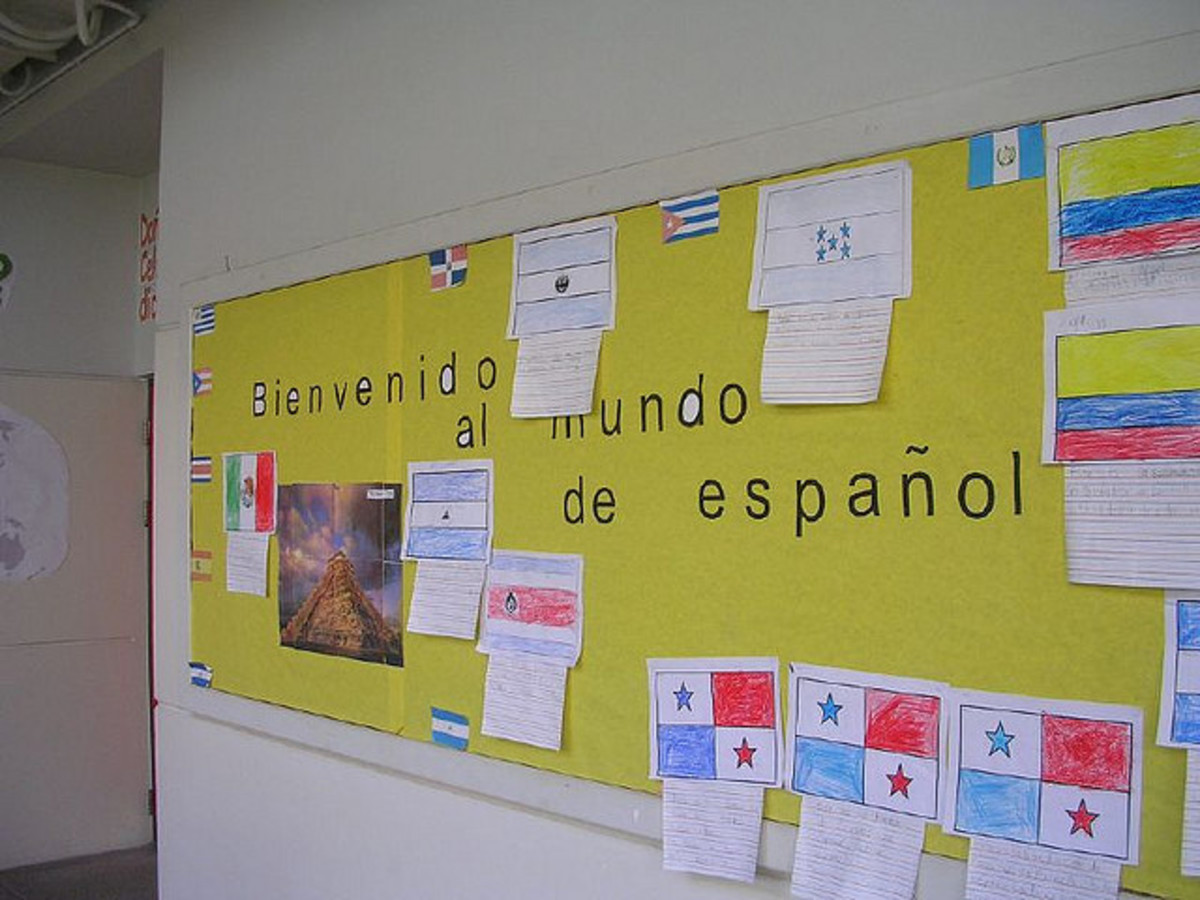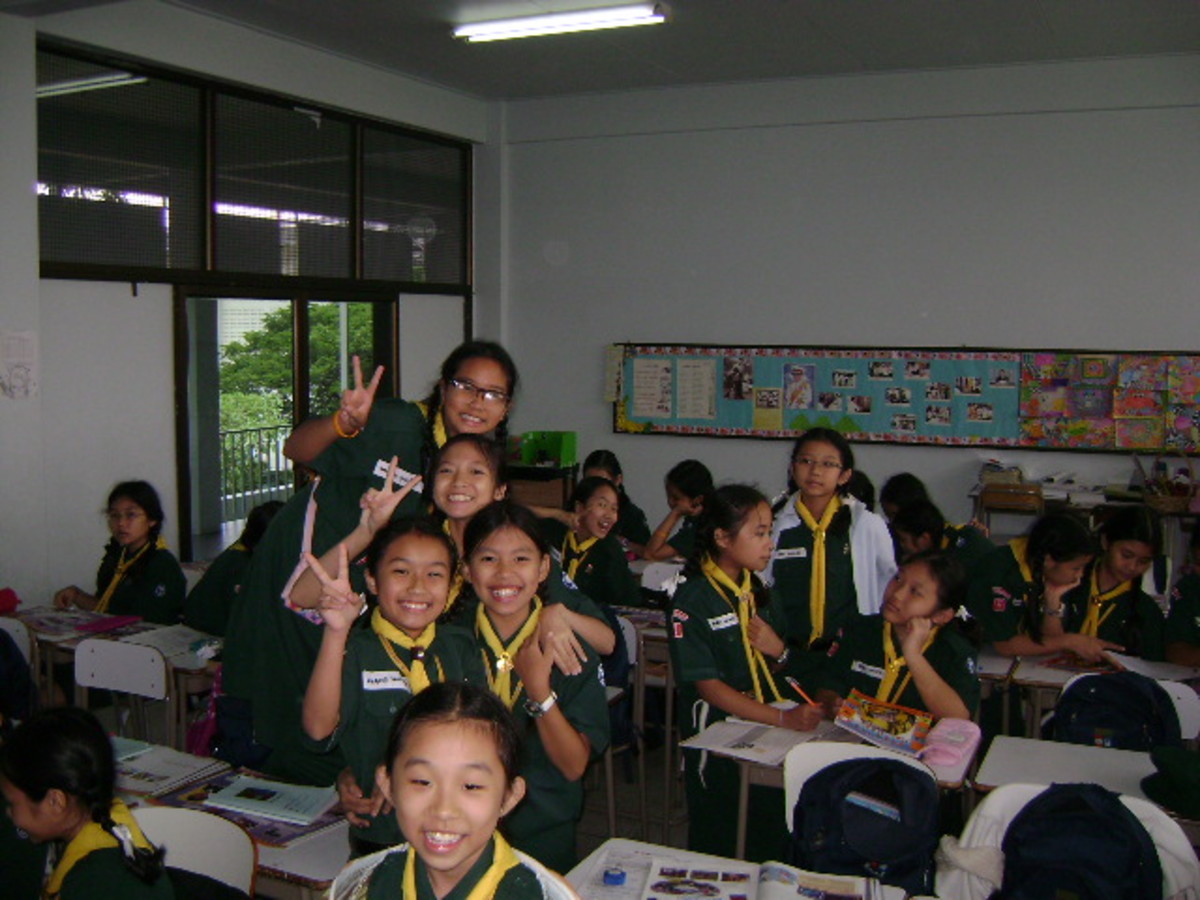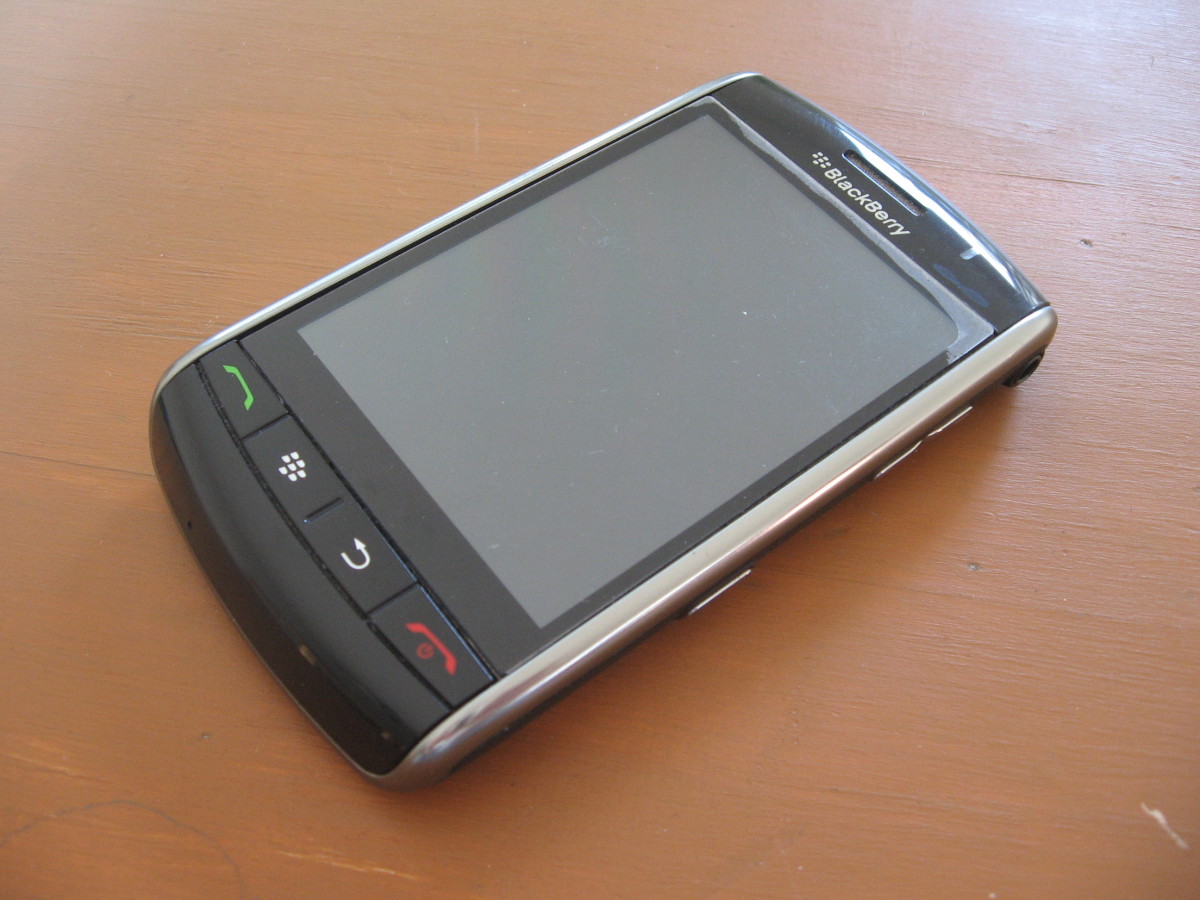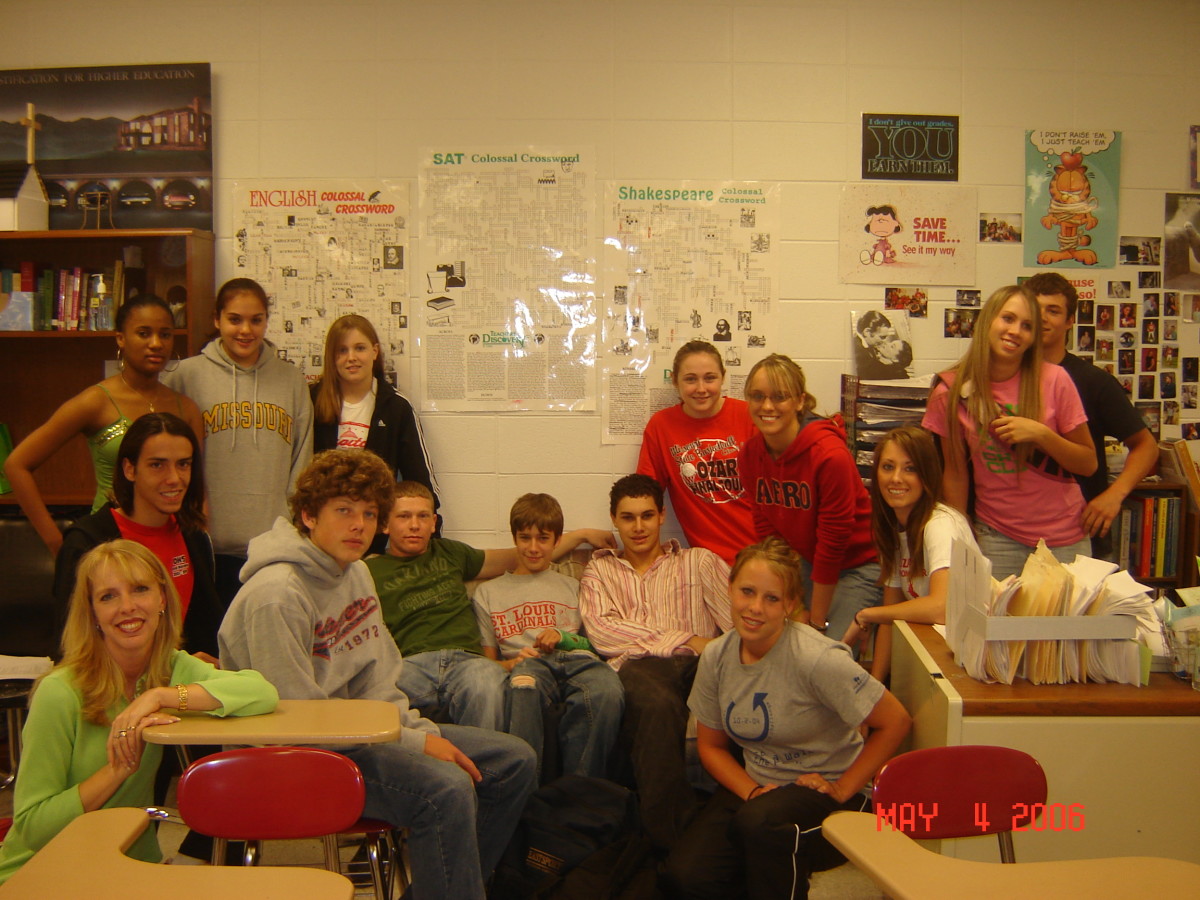Course Syllabus for EDP 2002 Spring, Summer & Fall of 2015
Your instructor...

Syllabus 2015
Course Policies and Syllabus
Course Number: EDP 2002 SP/FA 2015
Instructor: John V. Connor
Title: Senior Professor and School Psychologist
Office: Building 200/323 Daytona Campus
Office Hours: By appointment and 3 Virtual Evening Office Hours (see below)
(1) Virtual Office Hour for John Connor's students on Sunday Eves from 7:00 P.M. until 8:30 P.M.
(2) Virtual Office Hour for John Connor’s students on Thursday Eves from 7:00 P.M. until 8:30 P.M.
We use an open-source textbook for this course. It is available for free by download under Content within our course website. There is 1 recommended book that you may wish to purchase. It is titled Frames of Learning: RTL and is published by Kendall-Hunt.
The ISBN is: 978-1-4652-0882-8. It can be purchased through Amazon or directly through Kendall-Hunt at this URL: http://www.kendallhunt.com/connor/
Phone: 386.506.3406 FAX: 386.506.3966
Email: connorj@DaytonaState.Edu
Department Homepage: http://www.daytonastate.edu/education/college.html
Course Description: This is a practical course in computer-assisted educational research, curriculum development, and instruction for the multimedia classroom. Course does not require field service. Lab Fee: $10.
Student Learning Outcomes: Upon completion of this course, the student will be able to
1) Complete an Ideal Classroom Environment (ICE) Computer Assisted Instructional Project.
2) Understand how educational psychology contributes to student learning.
3) Understand the educational contributions of the following people: (i) Jean Piaget (ii) Howard Gardner (iii) Albert Bandura (iv) B.F. Skinner
4) Understand how to implement Revelation Theory of Learning (RTL) into the classroom.
Class Format: This is a portfolio-based course. Achievement is based on completion of many hands-on projects/assignments. We will be using Florida Online. The link is: http://online.daytonastate.edu
Required Textbook(s): The text I use for this course is an open-source global text. It is provided in PDF format for you from within our course webpage free of charge.
Equipment and Supplies None required
Important Links: Falcon Online: http://class.daytonastate.edu
College of Education: http://www.daytonastate.edu/education/college.html
Classroom Policies:
- Disclaimer: Teaching policies and regulations for this course are not open for discussion or negotiation. This syllabus has been constructed to be as complete as possible but is by no means a binding document. I reserve the right to alter policies, procedures, and the syllabus as needed. Please utilize the website regularly as any changes to the syllabus will be posted there.
- How to proceed through the course: This course organized around a series of assignments sequenced to build understanding.
- Handling of assignments: All assignments are submitted electronically in the corresponding Drop Box. Assignments can be submitted on or before the deadline.
- Communication: Students may expect responses to email and phone mail within 3 business days. Students may expect assignments grades within one week after submission. Students must login to Florida Online every 48 hours. If the course is online, the students must communicate with the instructor at least once each week.
- Interaction: Explain requirements for interaction such as games, group projects, discussion board postings and responses, linking to outside resources, time on task recommendations.
- Attendance and Lateness Policy: No assignments are accepted after the Due Date listed in the syllabus unless arrangements have been made personally with the professor (in writing).
- Classroom Etiquette: Example: All students should be on time for class. Attend to your needs before entering the room. Students who come late or leave during the class are a distraction to both the instructor and other students. The use of cellular phones, MP3 players and other electronic devices is also a distraction. Please ensure electronic devices are off (or on silent alert). If an emergency arises, please be courteous to your fellow students and leave quietly.
- Academic Integrity Policy (see student handbook pages 7-13 http://www.daytonastate.edu/recreg/files/student_handbook.pdf)
- Daytona State College is committed to providing you with quality instruction, guidance, and opportunities for academic and career success by fostering academic excellence in a supportive and personalized learning environment. Maintaining high standards of academic honesty and integrity in higher education is a shared responsibility and an excellent foundation for assisting you in making honorable and ethical contributions to the profession for which you are preparing. In order to preserve academic excellence and integrity, the College expects you to know, understand, and comply with the Academic Integrity Policy, which prohibits academic dishonesty in any form, including, but not limited to, cheating and plagiarism. Grades conferred by instructors are intended to be, and must be, accurate and true reflections of the coursework actually produced and submitted by you.
- All cases of suspected violations of the Student Code of Conduct, including academic dishonesty, are reported to the Judicial Affairs Office for resolution.
- Forms of Academic Dishonesty
- Cheating- Cheating can be defined as: receiving or giving unauthorized assistance on a quiz, test, exam, paper, or project or unauthorized use of materials to complete such; collaborating with another person(s) without authorization on a quiz, test, exam, paper, or project; taking a quiz, test, or exam for someone else or allowing someone else to do the same for you.
- Plagiarism -Plagiarism can be defined as: submitting work in which words, facts, or ideas from another source are used without acknowledging that the material is borrowed whether from a published or unpublished source. For specific information on how to document information from other sources, students should check with their instructors, academic departments, or a recognized writing manual, such as the MLA or APA.
- Fabrication -Fabrication can be defined as: listing sources in a bibliography that one did not actually use in a written assignment; presenting false, invented, or fictitious data/evidence in a written assignment.
- Other Academic Misconduct: Other Academic Misconduct might include, but is not limited to:
- In a testing situation, conduct, such as, looking at a classmate's test, talking to a classmate, or leaving the classroom without the instructor's or proctor's permission.
- Obtaining by the theft/purchase OR selling/ giving part or all of a test.
- Entering an office or building for the purpose of changing a grade on a test, assignment, or in a grade book or for the purpose of obtaining a test.
- Altering or attempting to alter academic records of the College which relate to grades; being an accessory to same.
- College Network Acceptable Use Policy: The purpose of this policy is to outline the acceptable use of the network and resources provided by Daytona State College and to establish a culture of openness, trust, and integrity. Please make yourself very aware of this policy
- Academic Support Center: The Academic Support Center promotes learning and helping students to achieve their potential by providing the resources needed to become successful and independent learners. Tutoring sections as a group or one-on-one, supplemental instruction, weekly learning sessions, and instructor assistance are available at the Centers. Centers are available on each campus. For locations and times, please go to http://www.daytonastate.edu/asc/ for more information.
- College Writing Center: The College Writing Center assists students, staff, and faculty to become better writers through face-to-face or virtual consultations (up to 45 minutes) and workshops. As the hub of writing at Daytona State, staff work with all writers at any stage of the writing process—so whether you’re brainstorming ideas for a psychology paper you haven’t started yet, or you’ve revised a letter several times and you want a fresh perspective, you can bring it into the CWC. We recommend scheduling an appointment because we tend to book up quickly; call (386.506.3297) or visit our website (www.daytonastate.edu/cwc) for more information.
- Library Services: Daytona State Library Services offers you many different types of resources to support your research needs (or just your curiosity). These resources include everything from thousands of e- books to online databases containing millions of full-text newspaper, magazine and scholarly journal. Many of our resources can be accessed from the web 24/7. We also have a staff of very helpful librarians who can guide you to the best resources for whatever projects you are working on. E-mail the librarians, and/or call us at 386-506-3518, or check out our website and see what we can do for you!
Support is available for Falconmail, printing, web usage, Desire2Learn, and more. Students may call 386-506-4AID (4243) or e-mail (falconaid@falconmail.daytonastate.edu). Local access numbers for your area are:
DeLand/Deltona (386) 785-2000 ext. 4243
Flagler/Palm Coast (386) 246-4800 ext.4243
New Smyrna (386) 427-3472 ext. 4243
Ormond/Daytona (386) 506-4243
The FalconAid after hours of operation are:
Monday – Thursday 8:00 AM – 10:00 PM
Saturday 9:00 AM – 4:00 PM
Times may vary during holidays and special circumstances.
Evaluation/Assessment Methods: Students will be assessed accomplishing the courses student learning outcomes by completion of essays, research papers, group projects, and discussions either electronically or face-to-face.
Grading Policy
Grades are based on overall points accumulated on class participation/attendance, assignments and projects. In addition, to successfully complete the course with a grade C or higher:
- 70% or more of all assignments must be completed by specified due dates,
- Completion of each assignment with 70% points or more.
Points per Task:
Attendance (15%)
Project 1: Revelation Theory of Learning Paper (10%)
3 E-Journals (15%)
Project 2: PowerPoint or Word Project on the 4 Psychologists (20%)
4 Podcast Summaries (20%)
Project 3: Ideal Classroom Environment (ICE) Capstone Project (20%)
TOTAL: 100%
Grading Scale: (Number of Points Earned)
Percent Grade
90% - 100% A
80% - 89% B
70% - 79% C
60% - 69% D
0% - 59% F
An incomplete grade will only be given if the following criteria are met:
- A request in writing is submitted to the instructor prior to last three weeks of class.
- All assignments were completed at that point in time,
- The student has a grade C or higher at that point in time.
Withdrawal Process: Although it is not necessary to have approval from the instructor to withdraw from the course, you should discuss the situation with the instructor. Many times the issue can be resolved with communication. You should also check with the Financial Aid office to determine how this withdrawal might affect your funding. If the decision has been made to withdraw, you should
- Go to FalconNet and login
- Go to the Registration and Records Menu
- Go to Class Registration and continue to the next page
- Select the term you are registered for
- Select the class you want to withdraw from and select the Drop button
Students with Disabilities: If you need academic accommodations, such as private testing, interpreters, note takers, etc., you must give me a current letter from Disables Student Services (DSS) that verifies that you need specific accommodations. Please make an appointment with me as soon as possible to discuss the accommodations. See Daytona State Website for student disabilities for more information http://www.daytonastate.edu/sds/ or see Student Handbook (page 36) http://www.daytonastate.edu/recreg/files/student_handbook.pdf.
Veterans: If you are currently serving or have ever served in the U.S. Military, please feel free to visit the Veterans Center in the Lenholt Student Center (Bldg. 130, room 124) for any assistance or phone 386.506.3065.








